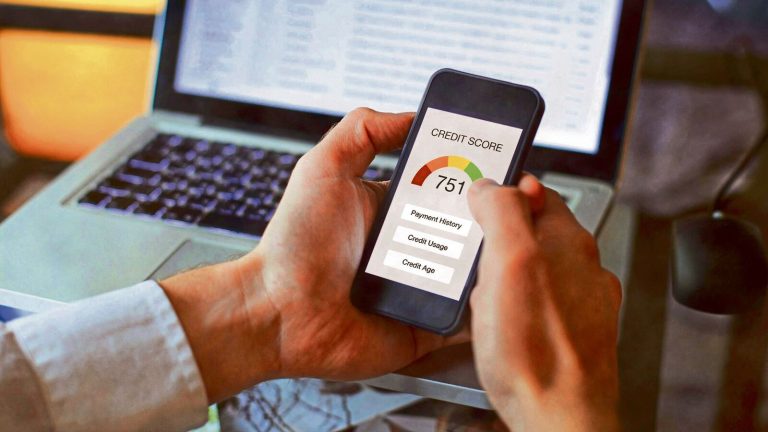A credit report is a comprehensive record of your credit-related activities compiled by credit bureaus. It includes detailed information about your existing and past loans, credit card usage, repayment behavior, outstanding balances, defaults (if any), and even the number of times lenders have inquired about your loan application. This document serves as a financial biography that reflects how responsibly you’ve handled borrowed money over time.
Based on the data in your credit report, a credit score is computed, a three-digit number, typically ranging from 300 to 900, that represents your creditworthiness. The higher your credit score, the more favorably lenders view your ability to manage credit. These two tools, the credit report and the credit score, are essential for financial institutions when determining whether to extend credit to an applicant.
Banks and Non-Banking Financial Companies (NBFCs) closely examine your credit report and credit score before approving a loan or issuing a credit card. These indicators help lenders evaluate the risk associated with lending to you. Depending on your credit profile, they decide not only whether to approve your application but also the loan amount, interest rate, and repayment tenure. A strong credit score typically results in better loan terms and faster approvals, while a poor or inconsistent credit history can lead to higher interest rates or credit being denied.
Therefore, it is critical to maintain a healthy credit report and a robust credit score by making timely repayments, keeping credit utilization low, and avoiding defaults or frequent credit inquiries. This financial discipline becomes especially important when planning to apply for any form of credit, such as home loans, personal loans, or even high-limit credit cards.
For individuals who are just beginning their credit journey and have no prior credit history, the borrower is categorised as “new-to-credit”. Since there is no existing data to assess, these individuals do not yet have a credit report or credit score. As a result, obtaining their first line of credit can be more challenging, as lenders have no precedent to evaluate their creditworthiness.
In such cases, lenders often rely solely on alternative indicators like income proof, stable employment, educational qualifications, or business registration documents (in the case of self-employed applicants). Some financial institutions may offer secured credit cards or small personal loans to new-to-credit individuals as a starting point.
The first credit product, usually a credit card, plays a pivotal role in laying the foundation for one’s credit profile. Responsible use of this initial credit sets the tone for building a strong and trustworthy credit history over time.
How to improve credit history and build a credit score
One of the most effective ways to begin your credit journey is by responsibly using a credit card. Even if you don’t need to borrow money right away, having a credit card and managing it wisely can establish a positive credit history. Typically, lenders will assess your income, job stability, and bank details before issuing a credit card, with an initial credit limit of around ₹1 lakh.
Some effective strategies to help improve your credit score
• As a prudent financial practice use your credit card for essential expenses.
• Always pay the entire outstanding balance on time every time, not just the minimum amount.
• Avoid utilising your entire credit limit on the card.
By doing so, you signal to lenders that you are financially responsible, which reflects positively on your credit report and helps build a strong credit score over time.
What to avoid when building credit
While it may be tempting to take quick digital loans, especially in small amounts, doing so repeatedly can harm your credit score. It may indicate to lenders that you’re dependent on credit. Likewise, applying for multiple loans to test your eligibility can be counterproductive. Each application triggers a hard inquiry on your credit report, and too many such inquiries in a short period can reduce your credit score.
How to check your credit score safely
If you’re interested in checking your credit health, use Direct-to-Consumer (D2C) reports from recognised credit bureaus. This method of credit score check does not count as a hard inquiry, so it won’t negatively affect your credit score. Monitoring your credit report regularly can help you stay informed and maintain control over your financial profile.
The golden rule: Discipline
Whether you’re managing a credit card, a personal loan, or an education loan, one rule stands above all: always pay your dues on time and in full. This habit alone is the cornerstone of a strong credit history and an excellent credit score. Responsible credit behavior today ensures you will have access to favorable loan terms in the future—whether you’re buying a home, starting a business, or facing a medical emergency.
Ramkumar Gunasekaran, Director Sales, CRIF High Mark



